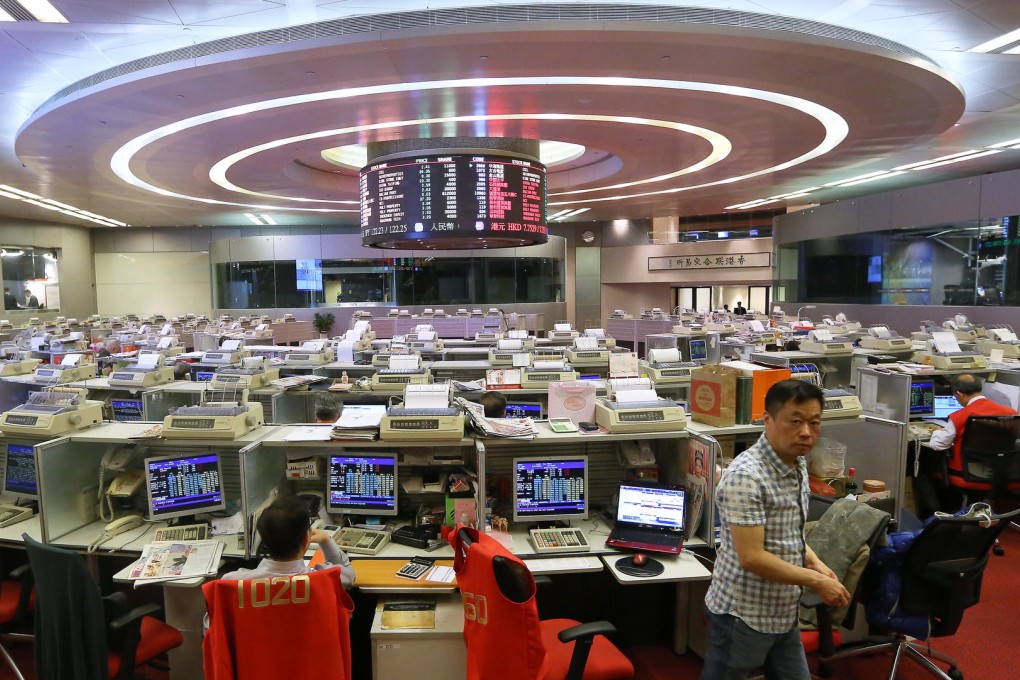New | Hong Kong joins push for sustainable stock exchanges
Exchange laying foundation for listed firms in providing environmental, social and governance information to help market investors

A low-profile but potentially game-changing consultation by Hong Kong Exchanges and Clearing on strengthening how listed companies report on sustainability issues, such as carbon emissions, working hours and pollution, closes on Friday.
The consultation signals the Hong Kong stock exchange's intent to join other Asian exchanges, including Malaysia and Singapore, in using listing requirements to improve sustainability reporting.
This is a significant and positive development because as a major listing destination for China's companies, Hong Kong is laying the foundation for them to adopt global best practices. It can therefore play a vital role in closing the gap of information disclosure between the East and the West.
By showing how to break down one of the main barriers to creating more sustainable capital markets, HKEx and its peers are creating momentum for others to follow suit.
Investors find company reports most informative and useful when the content is material, meaningful and comparable with their peers. While the effort shown by some firms in enhancing their sustainability disclosure in recent years is appreciated, we need a more strategic approach.
If the environmental, social and governance information that investors receive is incomplete and underlying methodologies vary from company to company and over time, then it becomes next to impossible to use that information to make investment decisions.